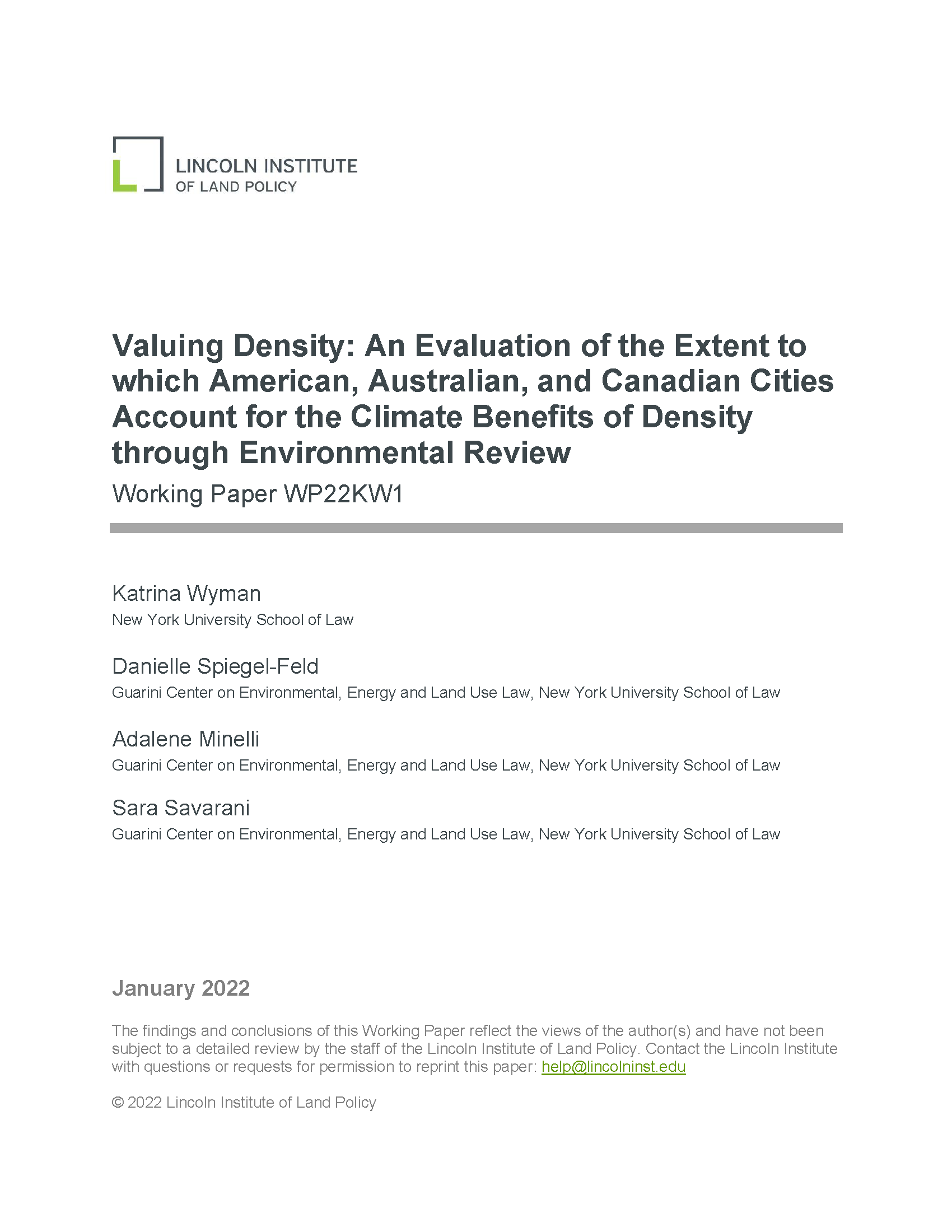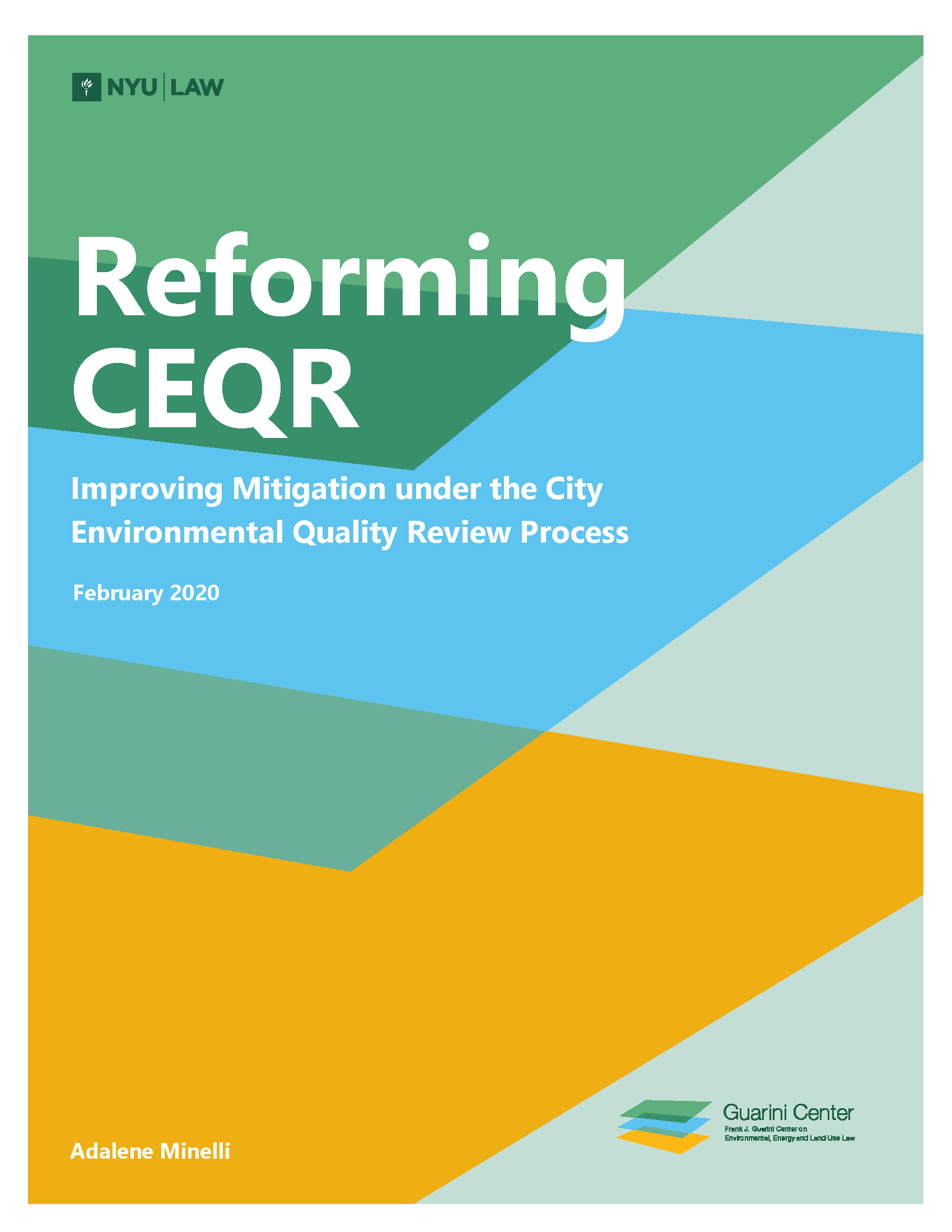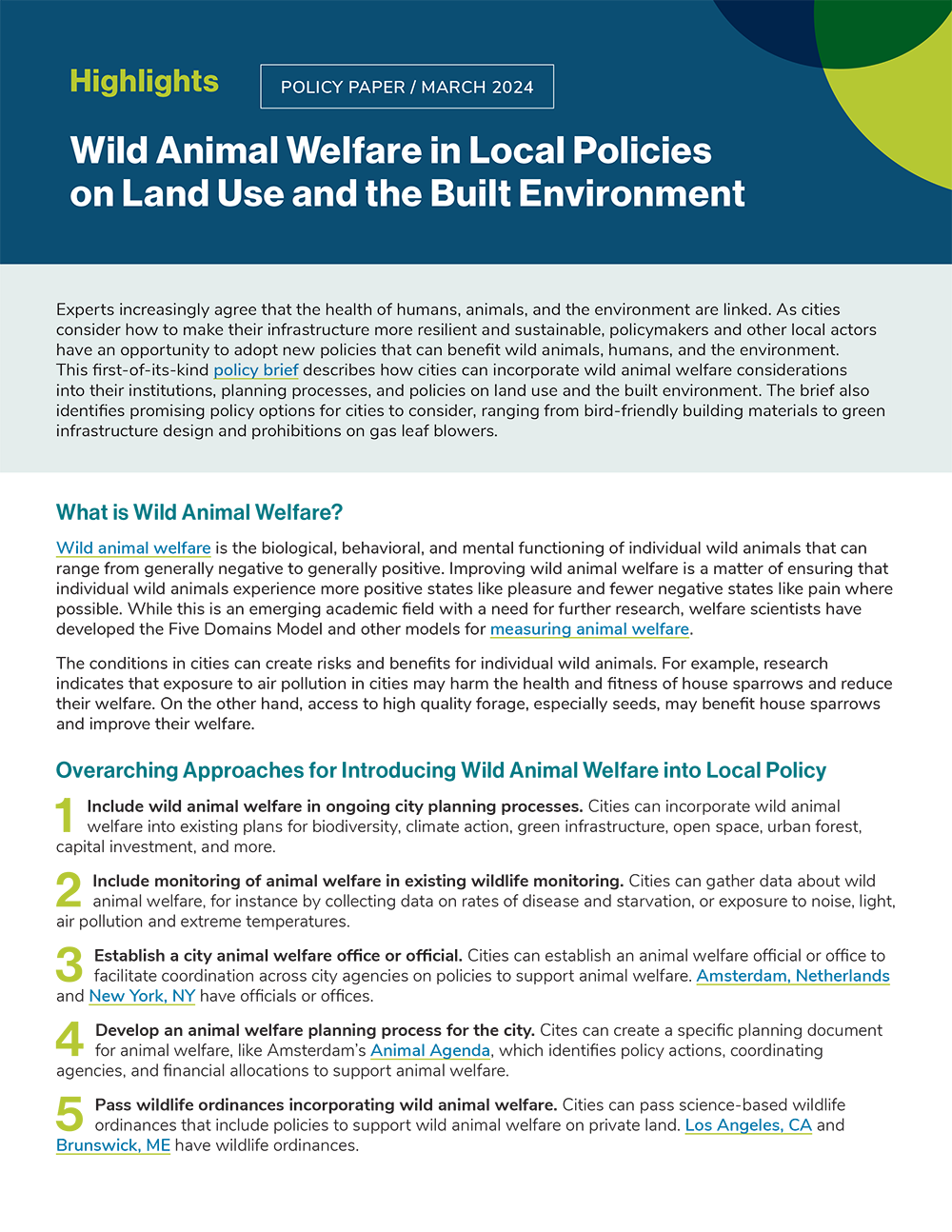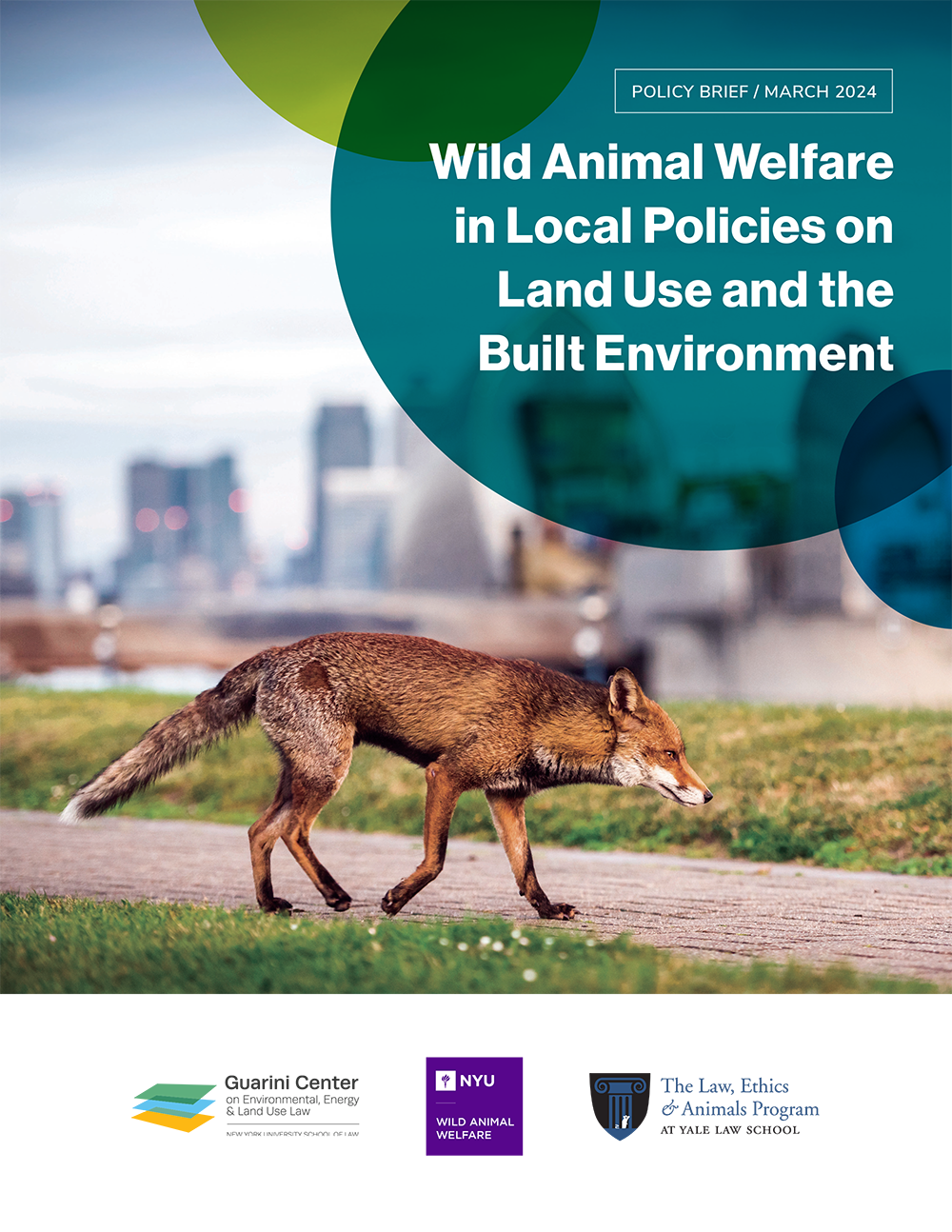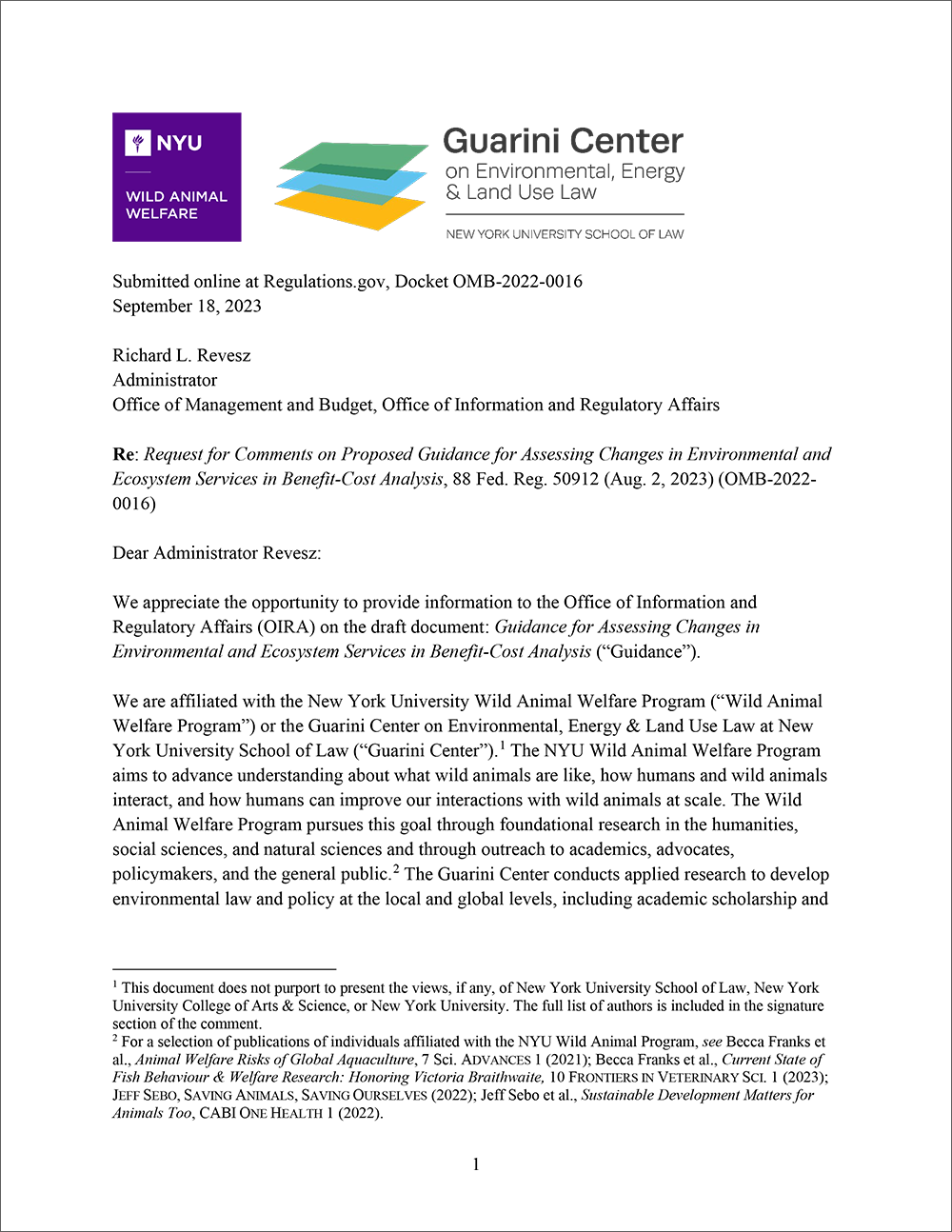Urban Density & Local Environmental Review
Research indicates that greater urban density is associated with lower household greenhouse gas (GHG) emissions in high GDP countries. Yet there is reason to believe that cities may be taking a parochial approach to evaluating the climate impacts of rezonings in their environmental reviews that fails to consider the environmental costs of maintaining low density.
In this study, we survey the legal and policy frameworks governing environmental review in American, Australian, and Canadian cities to determine the extent to which these cities consider and analyze the GHG benefits of land use changes that increase urban residential density.
This study was made possible by the generous support of the Lincoln Institute of Land Policy.
Improving Mitigation under the City Environmental Quality Review Process
City Environmental Quality Review (CEQR) is the process by which agencies in the City of New York evaluate their discretionary actions for environmental effects. Over the years, New York City has refined and adapted its environmental review process to take into account its unique urban context, including its role in determining land use. Despite these efforts, the City’s approach to mitigation under CEQR has been criticized by a variety of stakeholders for failing to mitigate the harmful impacts of development.
This research identifies key criticisms and broad goals for CEQR’s reform. Surveying federal, state, and local frameworks, we identify a number of practices that could be adopted locally to improve mitigation procedures under CEQR and lay out potential options for its reform.
This study was made possible by the generous support of the New York Community Trust.
